Join the author, Néstor T. Carbonell, as he shares a critical analysis of the Castro-Communist regime and explores the challenges and opportunities that will likely arise when freedom finally dawns in Cuba.
CHAPTER 6: I Inside a Doomed Expedition: The | Bay of Pigs (January-April 1961)
After the fall of the beachhead, some of the brigade fighters tried to hide in the wooded marshland. In their desperate effort to survive, they had to eat grass and lizards and lick the dew off leaves in the mornings. Others tried to escape, heading for the open sea in any sailboat or floating device they could find. They were hopeful that US destroyers in the area would come to their rescue, but very few evacuation attempts were made—hardly a Dunkirk. Sadly, most of those who drifted in the Gulf died of thirst, hunger, and exposure to the sweltering heat.
Following the end of hostilities, one of the Castro regime’s many crimes against humanity occurred inside a truck trailer known as La Rastra de la Muerte (the Truck of Death). As described in my book And the Russians Stayed: The Sovietization of Cuba and in other Bay of Pigs publications, 135 brigade prisoners were forced into an airtight meat truck trailer and ordered to pile in until the truck was packed with bodies.
Before the heavy doors to the sealed and insulated cargo space were locked shut, Osmany Cienfuegos, a loyal Castro commander, minister of construction, charged with the transportation of the prisoners to Havana, was warned not to cram so many of them into the paneled truck because they could die. Several of the prisoners heard Cienfuegos reply in a loud voice: “Let them die,… It will save us from shooting them.”
The nonstop trip to Havana took eight hours. When the doors of truck were unbolted, nine of the men lay lifeless on the floor, asphyxiated. Others survived because, in their frantic quest for air, they able to scratch holes through the truck’s aluminum walls with belt buckles.
During the brigade’s three-day incessant combat at the Bay of Pigs, which resulted in close to twelve hundred of its men captured by Castro one hundred fourteen dead and sixty seriously wounded, the CIA the Council leaders incommunicado in heavily guarded shabby barracks at Opa-locka, Florida. They learned of the landing and ensuing battles when they turned on a portable radio they had found in one of the rooms. They were incensed for having been held in confinement and not allowed to join the brigade at the beachhead as planned.
At President Kennedy’s behest, Adolf Berle and Arthur Schlesinger flew to Opa-locka on April 19 to tranquilize the Council chiefs. Miró-Cardona, somber and dignified, argued that with more planes the battle could still be won. The feisty Tony Varona was more blunt and pugnacious. Clenching his fists, he told the Washington emissaries that the Council leaders would no longer tolerate being kept secluded and incommunicado. “We don’t know whether we are your allies or your prisoners,” he averred, and then defiantly added: “I plan to leave the barracks at noon to hold a press conference in Miami. Let them shoot me down if they dare.”
Faced with this explosive situation, Kennedy invited the Council chiefs to the White House that afternoon. Looking “exceptionally drawn and tired,” the president preempted all recriminations by assuming responsibility for the failed invasion. He shared their grief as a man who had seen combat and lost a brother and a brother-in-law in the war, and he reaffirmed the US commitment to Cuba’s freedom.
The gloom that hung over the White House contrasted with the glee that permeated Castro’s headquarters in Havana. He boasted that he had defeated Yankee imperialism. Not content with having defied the hated Goliath, which served to fuel subversive activities throughout Latin America, Fidel wrung ransom from Washington for most of the brigade prisoners.
Fidel did not release or spare the lives of other political prisoners. Among those executed were the five leaders of the underground, including Manuel “Ñongo” Puig, my cousin Ofelia’s husband who had been arrested a few weeks prior to the Bay of Pigs invasion. Thanks to Ofelia, who was also taken prisoner with them, we learned of the charade of trial to which they were all subjected.
The prosecutor, whose record of performance had earned him the appellation “Bloodbath,” accused the prisoners, without a shred of evidence, of plotting to assassinate Castro. He demanded the death penalty for the five underground chiefs (plus two others who were added) and thirty years’ imprisonment for Ofelia and other female defendants.
Through the twelve-hour proceedings, the comportment of the five members of the military tribunal clearly showed that the defense was futile. When they were not delivering acrimonious tirades, applauded by the militiamen watching the spectacle, they would chat among themselves with their feet perched atop the table. Occasionally they would play games with paper balls and laugh heartily.
When the president of the tribunal pronounced the death penalty for Ñongo and the other male defendants, Ofelia, sitting near him, cried out in desperation: “Ñongo, if they’re going to do something to you, defend yourself. Don’t let them hurt you!” Looking at Ofelia with unbelievable serenity, he gently whispered: “Ofelia, to die is nothing. We all have to die—a little sooner or a little later. At least I know what I die for. My death has meaning. Don’t worry, Ofelia. I’ll be all right.”
Following the denial of an appeal by another kangaroo court whose president collapsed drunk on the table after ratifying the death penalty, Ñongo and the other valiant resistance leaders were led, one by one, to a wooden stake before a wall of sandbags. With spotlights trained onthem amid a murmur of prayers coming from the prison cells above La Cabaña fortress, they were shot at around 2:00 a.m., April 20.
A few hours later, at the Guanabacoa penitentiary where she was held, Ofelia heard on a hidden portable radio the dreaded government announcement naming those who had just been executed—among them her beloved husband. For several days, she stayed in a state of shock, tearless and immovable, sleepless in bed. Released with a broken heart, she sought refuge in the United States with her four children. Although scarred for life, she raised her family, pursued a career as a psychologist, and remained true to the memory of Ñongo and to the cause of Cuba’s freedom for which he had died. She passed away in Miami in 2010 and was buried on the very same month and day that her husband was executed—April 20.41 I delivered her eulogy, barely containing my grief.
THE AFTERMATH
How did Kennedy react to the Bay of Pigs debacle? Did he fully gauge its far-reaching consequences?
On April 18, after the president had reaffirmed his position not to provide US military support to save the operation, the journalist James “Scotty” Reston asked him if he thought defeat in Cuba would hurt American prestige. “No doubt we will be kicked in the ass for the next couple of weeks,” said Kennedy, “but that won’t affect the main business.” This flippant and seemingly heartless comment did not reflect his sentiment, since he truly grieved for the brigade’s dead and wounded and for the plight of the prisoners. His brother Robert, the attorney general, said that he had never seen the president so distraught. “He kept shaking his head, rubbing his hands over his eyes.
Domestically, the great majority of the people rallied to the president’s side when he publicly assumed responsibility for the defeat (while privately blaming and subsequently sacking the upper echelons of the CIA). Shortly after he wistfully invoked the old saying that “victory has a hundred fathers, and defeat is an orphan,” Kennedy’s approval rating hit a peak of 83 percent.
Internationally, however, the president did not fare well. Arthur Schlesinger wrote in his journal while traveling in Europe immediately following the invasion, “We not only look like imperialists; we look like ineffectual imperialists, which is worse; and we look like stupid, ineffectual imperialists, which is worst of all. But it was Kennedy! predecessor, Dwight D. Eisenhower, who most insightfully predicted how the Soviets would respond to Kennedy’s perceived ineptitude and weakness.
After President Kennedy took office and grappled with the Cuba conundrum, he did not seek the advice of the hero of Normandy, veteran of the paramilitary operations in Iran and Guatemala, and architect of the initial blueprint for the Cuban operation. It was only on April 22, 1961, three days after the Bay of Pigs disaster, that Kennedy invited Eisenhower to Camp David to review the situation.
It was not a cordial meeting. There was no love lost between two of them. Kennedy felt that Eisenhower had handed him a burning issue (Cuba) and a reckless plan to resolve it (the invasion), his part, Eisenhower blamed his young, inexperienced successor I condemning the invasion to failure without foreseeing its ominous consequences.
According to Eisenhower’s recollection of the discussion, shared with his biographer Stephen Ambrose, the former president peppered Kennedy with pointed questions. Why on earth hadn’t he provided exiles with air cover? Kennedy said he had feared the Soviets “would be very apt to cause trouble in Berlin.”
Eisenhower’s quick response was in essence an admonition, if not a rebuke for Kennedy’s naivete: “That is exactly the opposite of would really happen. The Soviets follow their own plans, and if they see us show any weakness, then is when they press us the hardest… The failure of the Bay of Pigs will embolden the Soviets to do something that they would not do otherwise.”
Kennedy tried to justify his decision by saying that “my advice was that we must try to keep our hands from showing in the affair.” Eisenhower pulled no punches in his retort: “How could you expect the world to believe we had nothing to do with it? Where did these people get the ships to go from Central America to Cuba? Where did they get the weapons? … I believe there is only one thing to do when you go into this kind of thing: it must be a success.
Eisenhower could not have been more clairvoyant on the consequences of the Bay of Pigs. Sensing that Kennedy was an immature pushover and that the United States was too flaccid and complacent to fight, Khrushchev clobbered the president at their June 1961 summit meeting in Vienna, built the Berlin Wall, and provoked a nuclear confrontation by installing strategic missiles on the island of Cuba.
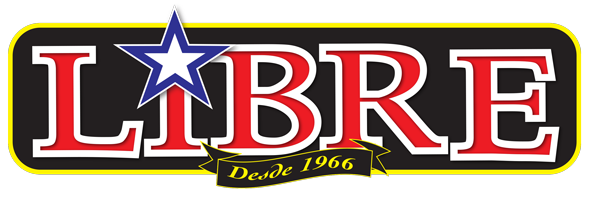
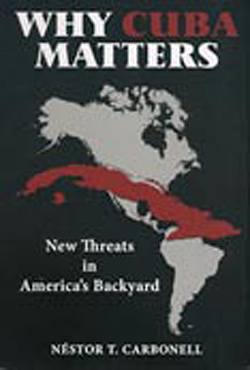

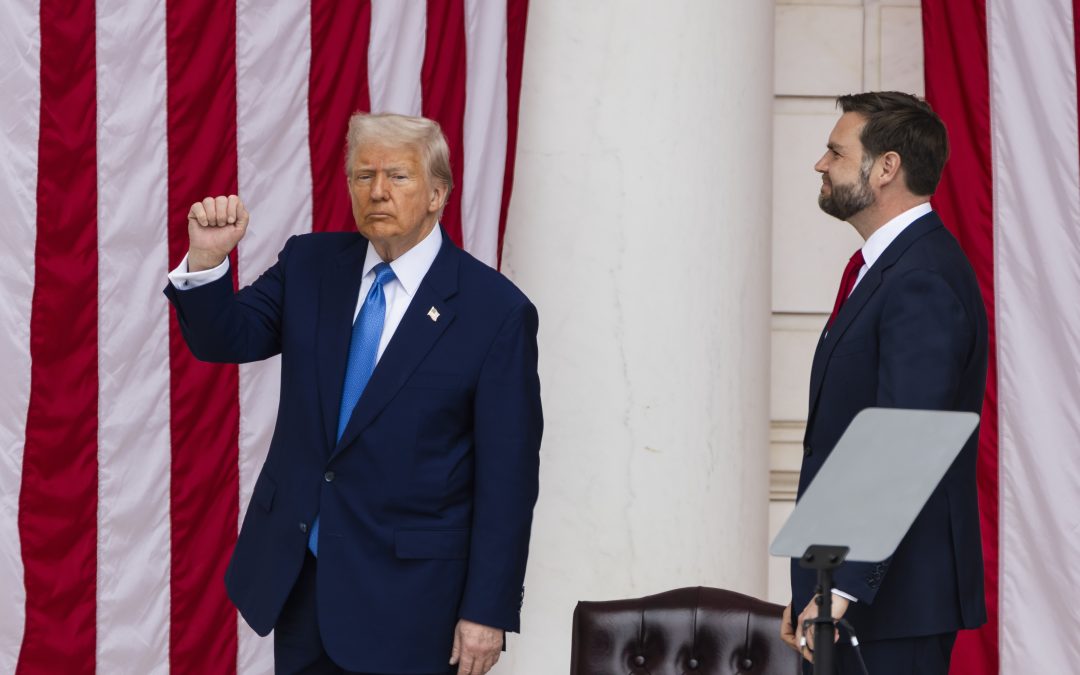
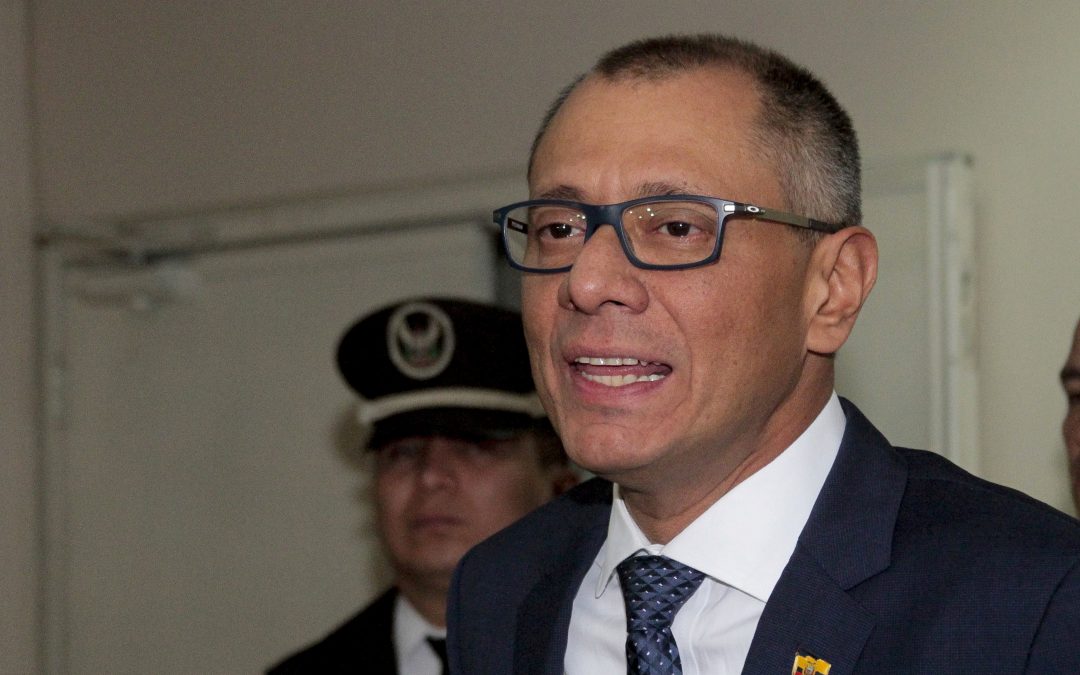
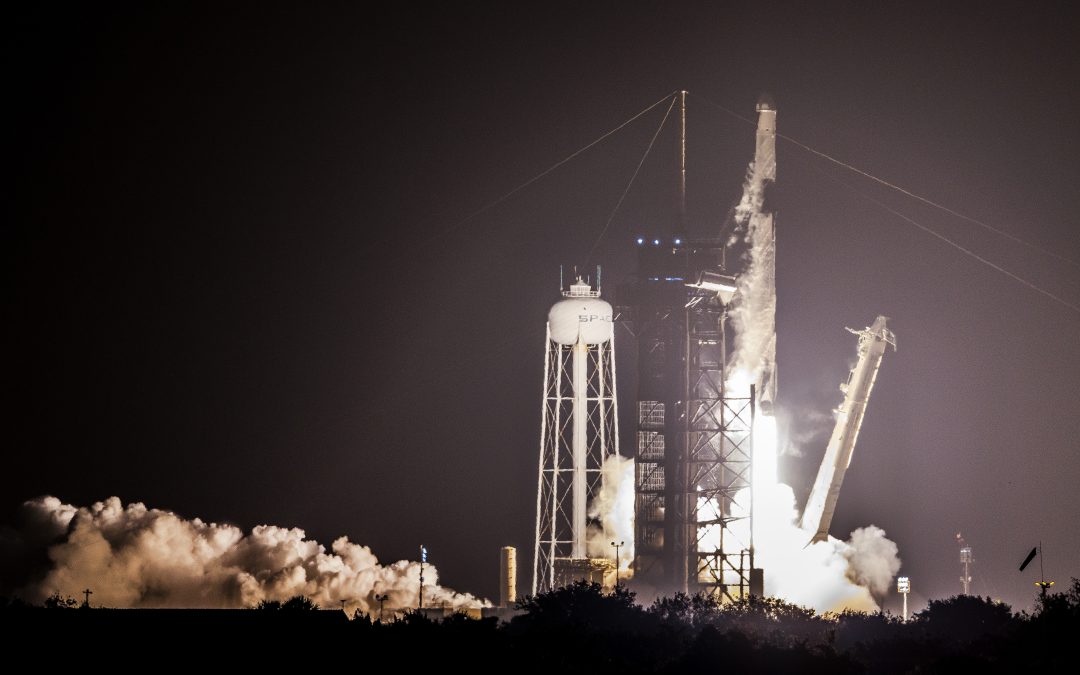
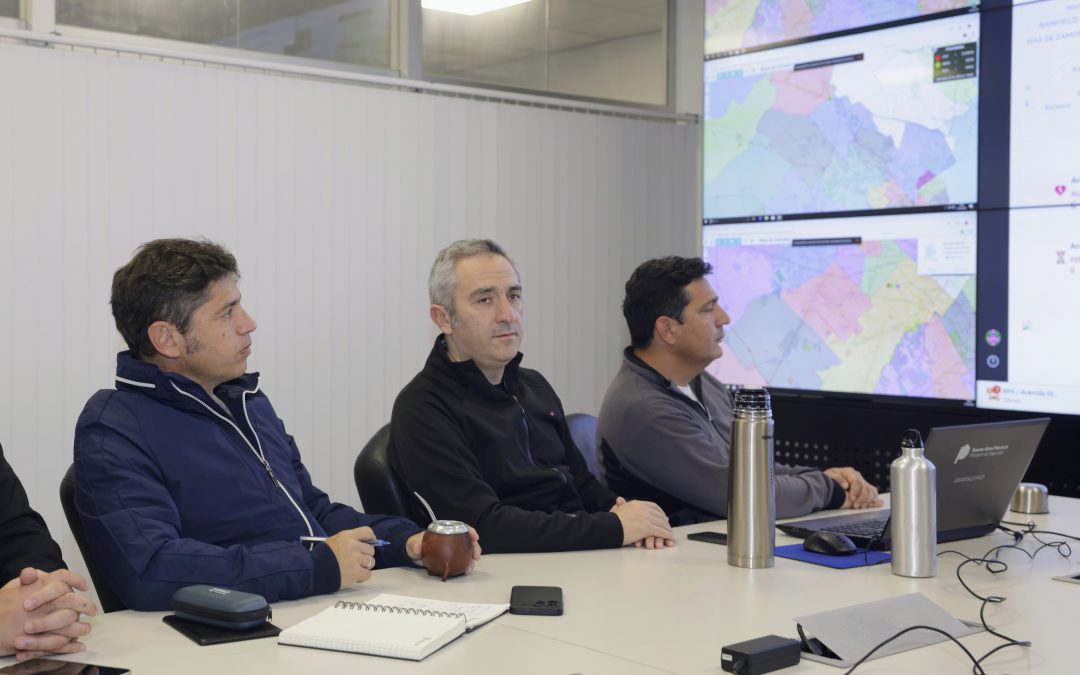
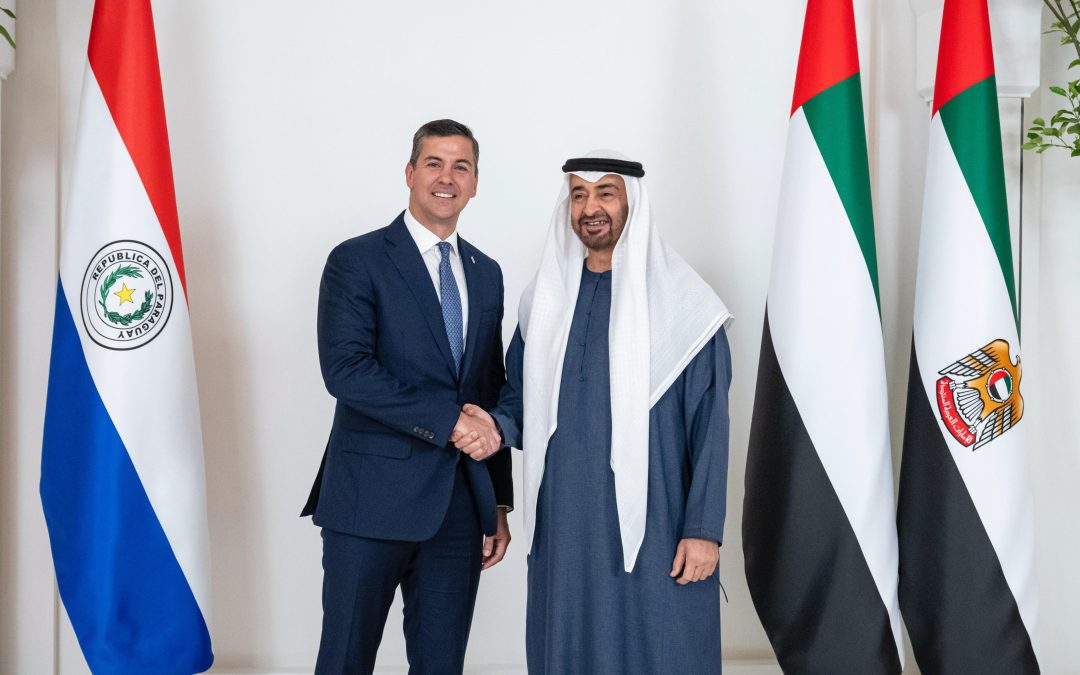



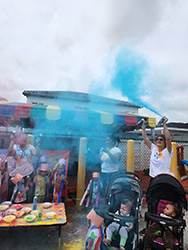
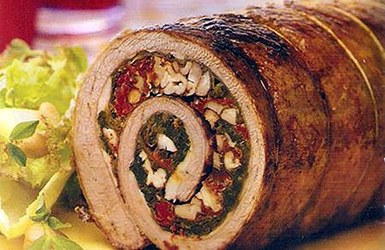
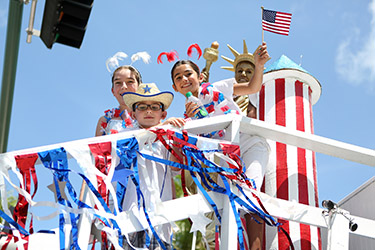
0 comentarios